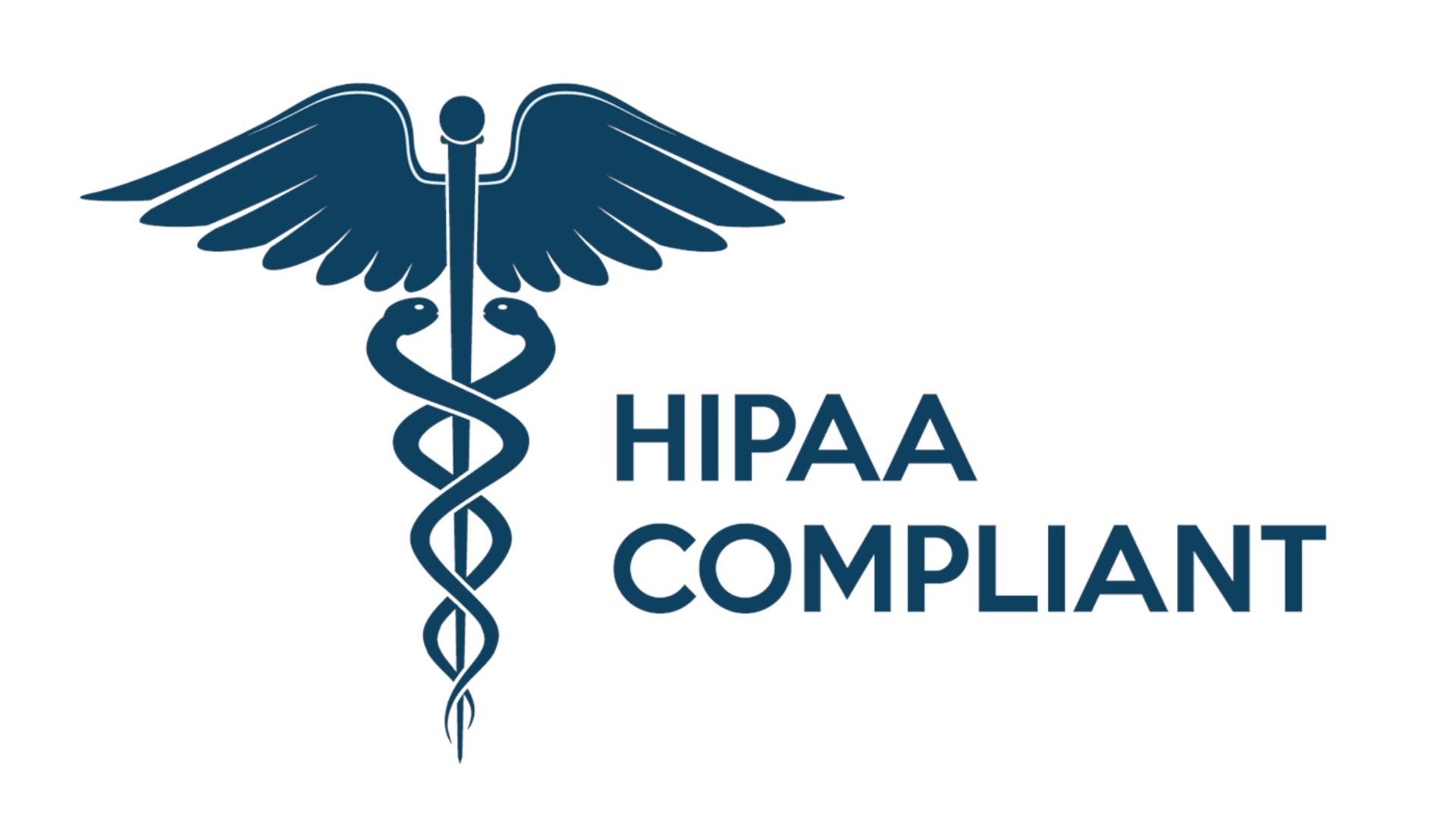The Health Insurance Portability and Accountability Act (HIPAA) is an integral piece of legislation designed to protect the privacy and security of health-related data. Being HIPAA-compliant ensures that an organization is safeguarding the sensitive information it handles, but why is this compliance so crucial for your app? Let’s delve into the ins and outs of HIPAA compliance and its relevance to digital applications.
Table of Contents
Understanding HIPAA Compliance
HIPAA is a U.S. federal law that imposes regulations on healthcare providers, insurers, and their business associates to ensure the privacy and security of health information. This legislation applies to all forms of Protected Health Information (PHI), including digital records, which brings mobile and web applications into the HIPAA’s purview.
One of the main goals of HIPAA is to protect the integrity of patient data. By establishing rules for the use, disclosure, and storage of PHI, HIPAA ensures that the patient’s health information remains confidential and secure. When it comes to digital applications that manage, store, or transmit PHI, compliance with HIPAA isn’t just a legal obligation – it’s a commitment to the safety and trust of your users.
The Significance of HIPAA Compliance for Your App
So why is it so important for your app to be HIPAA compliant? There are a few reasons.
Protecting User Trust and Privacy
The first, and perhaps most significant, reason is the trust of your users. If your app handles PHI, your users need to be confident that their data is secure. By being HIPAA compliant, you’re showing your users that you respect their privacy and are actively protecting their information.
Preventing Legal Issues and Penalties
Second, failure to comply with HIPAA can result in severe penalties, including hefty fines and potential legal action. It’s not just about avoiding negative consequences, though. By ensuring compliance, you’re demonstrating that your organization understands and respects its legal obligations, which can be a significant factor in building your reputation.
Enhancing Your Brand’s Reputation and Credibility
Finally, HIPAA compliance can be a valuable marketing tool. In an age of increasing concern about data privacy, being able to advertise your app as HIPAA-compliant can set you apart from your competitors and attract users who value data security.
Essential Elements of HIPAA-compliant Apps
Creating a HIPAA-compliant app involves implementing several specific security measures. These include encryption of stored and transmitted data, secure user authentication, regular audits and vulnerability assessments, and signing Business Associate Agreements (BAAs) with any vendors that handle your app’s PHI.
Case Studies
Several apps have found success by making HIPAA compliance a priority. For example, MedChat, a HIPAA-compliant healthcare messaging app, has earned trust from both patients and healthcare providers due to its commitment to data privacy and security. Conversely, some apps have faced backlash and legal issues for not adequately securing PHI. The fitness app Strava, for example, faced criticism in 2018 when it was revealed that its data could potentially reveal the locations of military bases.
Steps to Achieving and Maintaining HIPAA Compliance for Your App
Ensuring your app is HIPAA compliant involves several steps. The first is conducting a risk assessment to identify any potential vulnerabilities in your app. Once these have been identified, you’ll need to implement necessary safeguards to secure any PHI that your app handles.
In addition to these measures, it’s crucial to train your employees about HIPAA requirements and conduct regular audits to ensure ongoing compliance. Remember, achieving HIPAA compliance isn’t a one-time event – it’s an ongoing commitment.
Conclusion
In conclusion, ensuring HIPAA compliance is essential for any health-related app. It enhances user trust, prevents legal consequences, and reinforces your brand’s reputation. As an ongoing commitment rather than a one-time achievement, it requires constant vigilance, regular audits, and continual updates. Embracing HIPAA compliance not only helps to safeguard user data but also lays a strong foundation for the app’s future success in the ever-evolving digital health landscape.






